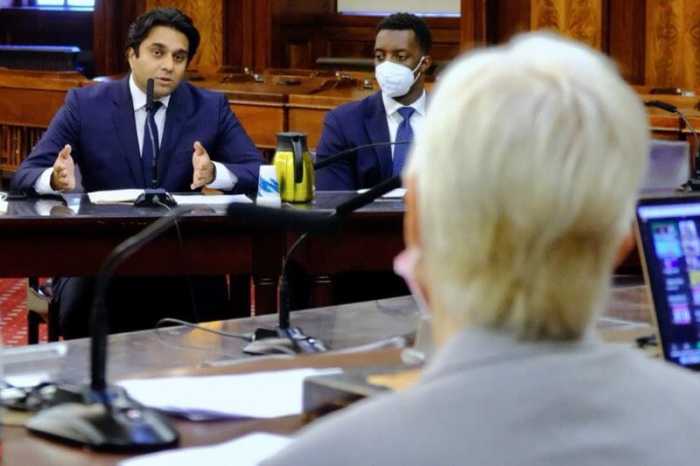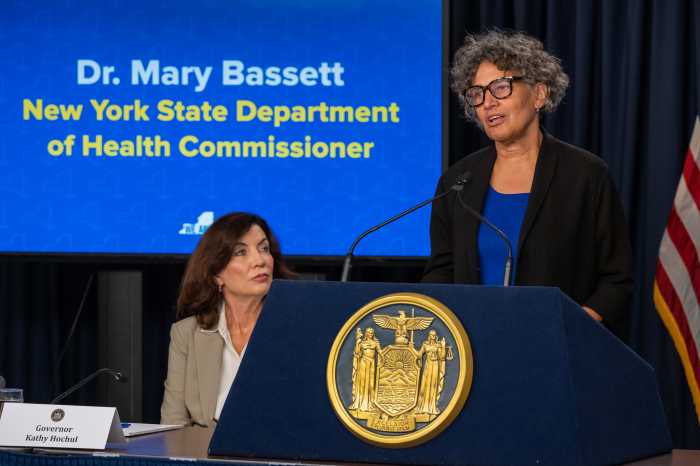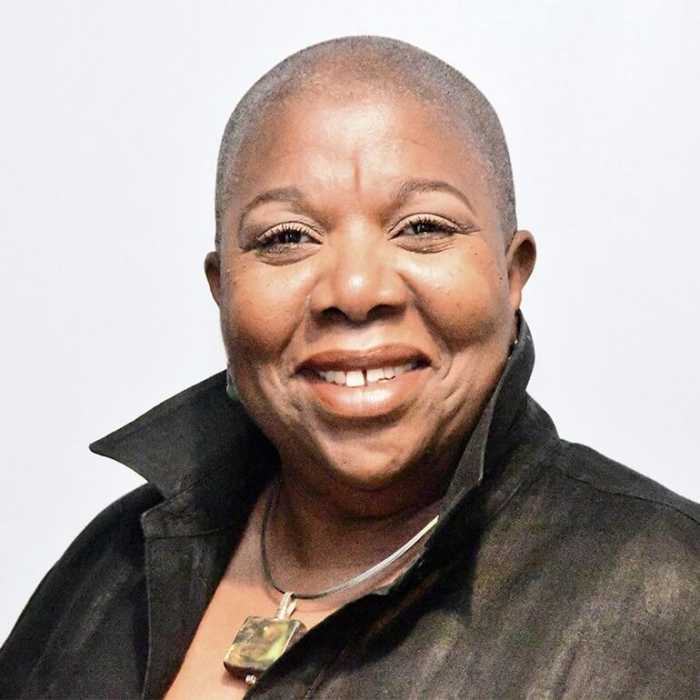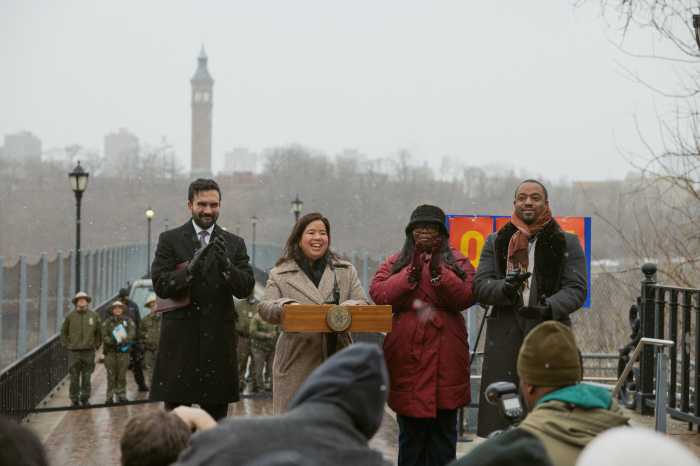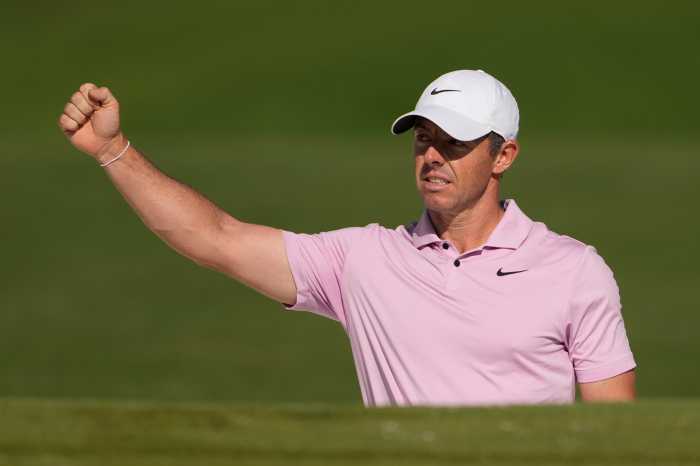Months after the monkeypox vaccination campaign kicked off in the United States, activists are casting blame on the Biden administration for failing to inoculate enough of the at-risk population — including people of color.
A coalition of activists from ACT UP, PrEP4All, and African Services Committee issued a joint press release on October 3 pointing to the federal government’s data showing that just 13.33% of the population facing the greatest risk of monkeypox received both first and second shots of the two-dose Jynneos vaccine regimen as of October 3. Meanwhile, 33.9% of the at-risk population has at least one shot.
Cases of monkeypox, which has overwhelmingly impacted men who have sex with men, have declined in the United States and in New York after peaking over the summer. New York City reported 95 daily diagnosed cases on August 1 compared to 26 cases on September 1 and seven cases on September 27.
Activists say the federal government has emphasized that more than 800,000 doses of the monkeypox vaccine have been administered in the United States since the outbreak started. But activists say that number does not paint a comprehensive picture of the vaccination campaign: In reality, only 226,613 people have received both the first and second dose, according to the Centers for Disease Control and Prevention (CDC). Nearly 900,000 people at risk of monkeypox in the United States have yet to receive any vaccine doses.
“This is significant because people are not considered fully vaccinated until two full weeks after receiving their second shot,” Dennis Jaffe, a member of coalition from Washington, DC, said in a written statement.
The activists are also reiterating concerns about racial disparities in monkeypox cases. While Black individuals represented 11% of all cases in mid-June, that number rose to 51% by the week of September 18 through September 22.
White, non-Hispanic individuals have received 271,357 first doses, followed by Hispanic (117,131); Black, non-Hispanic (67,059); Asian, non-Hispanic (40,598); other, non-Hispanic (14,263); American Indian, Alaska Native, non-Hispanic (1,682); multiple, non-Hispanic (13,230); Native Hawaiian/other Pacific Islander, non-Hispanic (1,372); and unknown (49,728).
Another red flag for advocates is the week-by-week dip in first doses administered nationwide. The most doses doled out in a single week came between August 7 and 13 when there were 99,380 first shots administered. By the week of September 18-24, there were just 20,684 shots administered in a week.
“The Biden administration should be alarmed by the steep drop in first doses,” ACT UP’s Brandon Cuicchi said in a written statement.
The amount of second shots, however, rose gradually since late July when there were just 744 second doses getting administered in a single week. The week of September 11-17 saw the most second doses reported in a week — 51,784 — though the week of September 18-24 saw a slight decrease, by just over 1,500 doses. That marked the first time that second doses started leveling off after many consecutive weeks of growth.
Activists are urging the Biden administration to address the gaps by refocusing on vaccination rates in local communities and communities of color. A federal pilot program to bring 10,000 Jynneos vials to areas with low vaccination rates is, according to activists, “insufficient,” and they are pressing the federal government to raise that number to 100,000. Furthermore, the coalition is asking the White House to make sure the monkeypox response includes incarcerated individuals and people suffering from housing insecurity.
“These vaccination numbers are a failure,” Kenneth Cruz, a community outreach worker at African Services Committee, said in a written statement. “We urge the administration to significantly expand its pilot program enlisting local networks to vaccinate populations with low vaccination rates, especially people of color.”
Cruiz added, “We also call on them to demand, not just ‘especially consider,’ proposals that specifically include ways the applicants will address the inequitable distribution of the MPV vaccine.”


